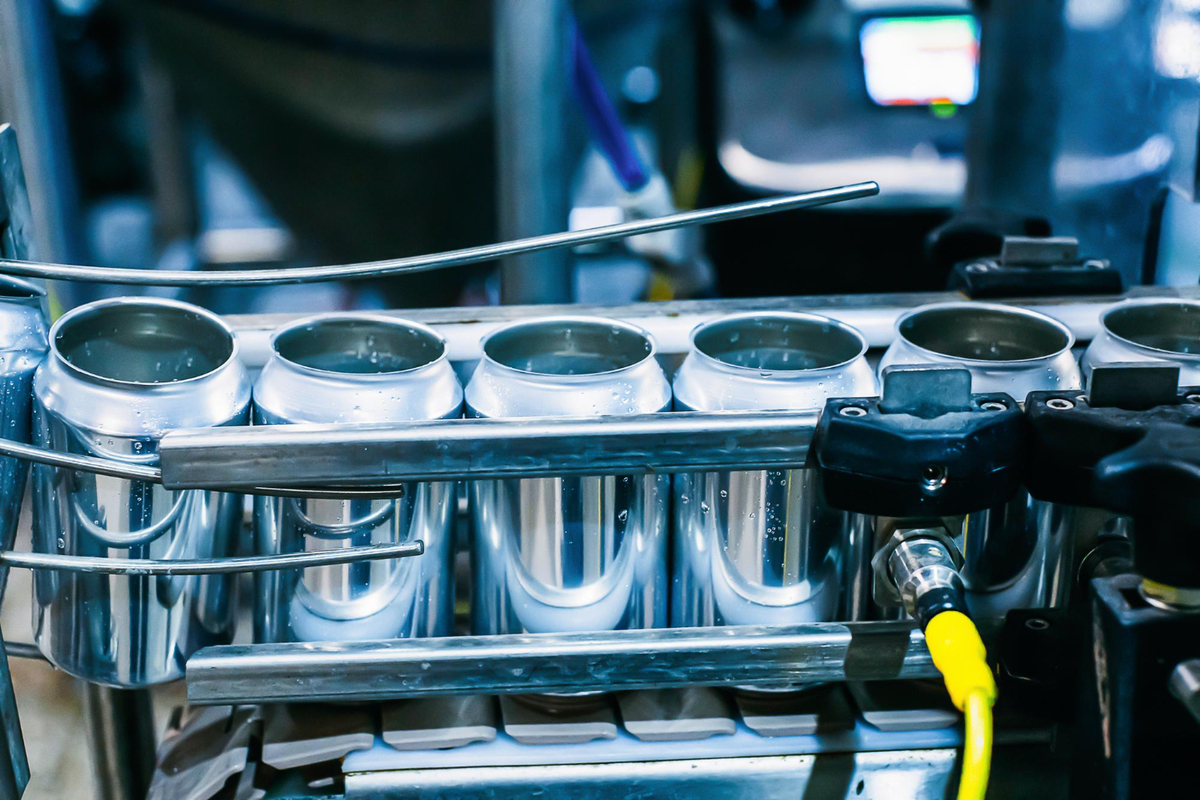What Is a Diesel Exhaust Fluid Plant?
A diesel exhaust fluid plant is a facility designed to produce DEF, an essential solution for reducing harmful emissions from diesel engines. DEF is a mixture of deionized water and high-purity urea, used in vehicles with Selective Catalytic Reduction (SCR) systems. Establishing such a plant enables businesses to produce high-quality DEF to meet market demands.
By investing in a diesel exhaust fluid plant, businesses can gain control over production quality, optimize costs, and contribute to environmental sustainability. These facilities are particularly beneficial for companies managing fleets or operating in industries reliant on diesel engines.
Cost Savings Through In-House Production
One of the significant advantages of setting up a diesel exhaust fluid plant is the potential for cost savings. Purchasing DEF in bulk from external suppliers can be expensive, especially when transportation and storage costs are factored in. Producing DEF in-house allows businesses to save on these costs while maintaining a consistent supply.
Additionally, utilizing a high-quality diesel exhaust fluid making machine ensures efficient production processes, further reducing operational expenses. This cost-effective approach enables businesses to allocate resources to other critical areas.

Enhanced Control Over Quality
Owning a diesel exhaust fluid plant provides businesses with greater control over the quality of their DEF. Commercial DEF must adhere to strict ISO 22241 standards to ensure it is safe and effective for use in SCR systems. Producing DEF internally enables businesses to implement stringent quality control measures.
A reliable diesel exhaust fluid making machine equipped with advanced monitoring systems ensures that the DEF produced meets or exceeds industry standards. This control over quality enhances customer trust and brand reputation.
Meeting Growing Market Demands
The demand for DEF continues to grow as more industries adopt sustainable practices and regulatory requirements become stricter. Setting up a diesel exhaust fluid plant positions businesses to capitalize on this expanding market. By producing DEF in-house, companies can ensure a steady supply to meet customer needs.
Using an efficient diesel exhaust fluid making machine, businesses can scale production to match market trends. This scalability is essential for staying competitive and maintaining market relevance.
Environmental Sustainability
A diesel exhaust fluid plant plays a crucial role in supporting environmental sustainability. DEF reduces nitrogen oxide emissions, contributing to cleaner air and compliance with environmental regulations. By producing DEF, businesses actively participate in reducing their carbon footprint.
Investing in a high-quality diesel exhaust fluid making machine ensures efficient production with minimal waste. This environmentally conscious approach aligns with corporate social responsibility goals and enhances a company’s image as a sustainable business.
Flexibility in Production
Operating a diesel exhaust fluid plant provides businesses with the flexibility to customize production based on specific needs. This adaptability is particularly valuable for companies with diverse fleets or varying operational requirements.
A modern diesel exhaust fluid making machine allows for easy adjustments in production capacity and composition. This flexibility ensures that businesses can meet the unique demands of their operations efficiently.
Opportunities for Business Expansion
Establishing a diesel exhaust fluid plant opens new opportunities for business expansion. Companies can produce DEF not only for their use but also for sale to other businesses or retail customers. This additional revenue stream can significantly enhance profitability.
Using a scalable diesel exhaust fluid making machine, businesses can increase production capacity as demand grows. This scalability supports market diversification and long-term growth strategies.

Reduced Dependence on Suppliers
Relying on external suppliers for DEF can lead to supply chain disruptions and increased costs. A diesel exhaust fluid plant eliminates this dependence by enabling businesses to produce DEF internally. This self-reliance ensures consistent availability and predictable pricing.
With a reliable diesel exhaust fluid making machine, businesses can avoid delays and maintain operational efficiency. This independence strengthens resilience against market fluctuations and supplier issues.
Conclusion
Investing in a diesel exhaust fluid plant offers numerous benefits for businesses, including cost savings, quality control, and environmental sustainability. A high-quality diesel exhaust fluid making machine ensures efficient and reliable production, helping businesses stay competitive in a growing market. By embracing in-house DEF production, companies can enhance operational efficiency, reduce costs, and contribute to a cleaner environment.
Frequently Asked Questions
- What is a diesel exhaust fluid plant?
- A diesel exhaust fluid plant is a facility designed to produce DEF by blending deionized water and high-purity urea.
- Why should businesses invest in a diesel exhaust fluid making machine?
- A diesel exhaust fluid making machine enables efficient production, cost savings, and better quality control.
- What are the environmental benefits of DEF production?
- DEF reduces harmful nitrogen oxide emissions, contributing to cleaner air and compliance with environmental regulations.
- How does a diesel exhaust fluid plant support scalability?
- A plant equipped with scalable machinery allows businesses to increase production as market demands grow.
- What is the role of quality control in DEF production?
- Quality control ensures DEF meets ISO standards, making it safe and effective for use in diesel engines with SCR systems.
- Can DEF production reduce operational costs?
- Yes, producing DEF in-house eliminates transportation and supplier costs, resulting in significant savings.
- What is the importance of deionized water in DEF production?
- Deionized water is essential for maintaining DEF purity and preventing damage to diesel engine systems.
- Is DEF production a sustainable business practice?
- Yes, DEF production reduces emissions and aligns with corporate social responsibility goals for sustainability.

